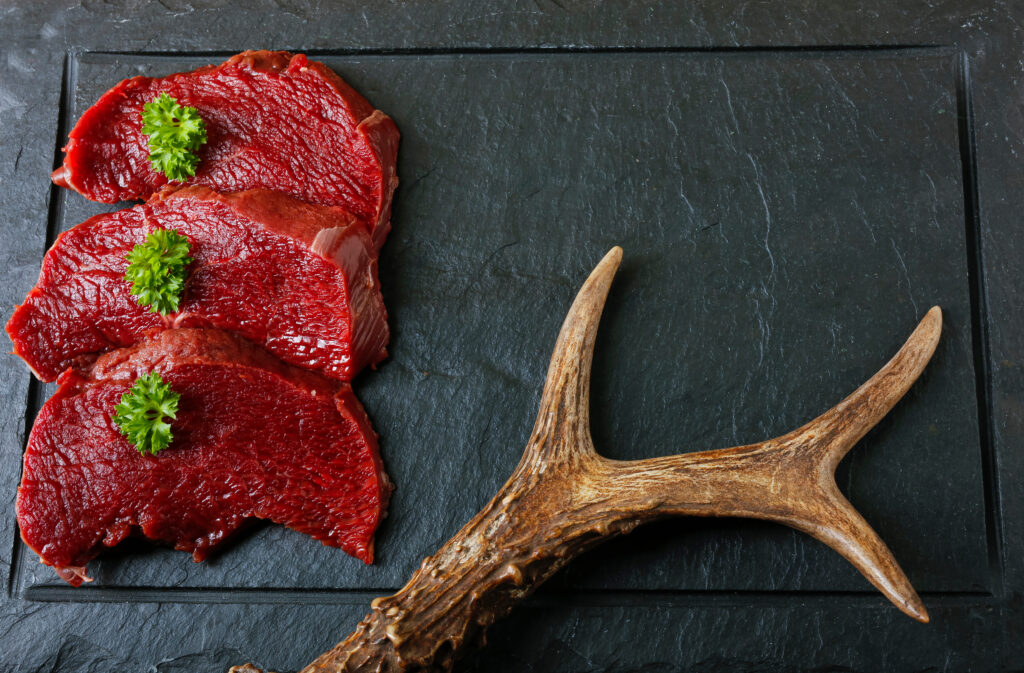Beware of illegal venison sales online

During and immediately following deer season there is often an uptick of illegal venison sales through online marketplaces.
When purchasing venison, processed specialty venison products or any other meats from unlicensed facilities, particularly online marketplaces, Michigan Department of Agriculture and Rural Development urges caution. Improperly prepared or handled food products can become contaminated with organisms such as E. coli, which can cause serious illness or even death.
Jennifer Bonsky, MDARD Food and Dairy Division acting director said quote “Many people assume food items sold online are from licensed and inspected companies, but this is not always the case. Before you buy any food and at this time of year particularly venison, make sure the food was processed at a facility licensed by MDARD.” end quote.
There are a few ways to legally sell venison, elk meat and meat from other cervids in Michigan.
The Michigan Department of Natural Resources licenses and regulates game ranges across the state which can be processed at meat processing facilities licensed and inspected by MDARD. According to the Michigan Food Law, this meat can be sold in retail grocery stores and wholesale facilities licensed by MDARD.
Hunters can bring their deer to a custom meat processor that doesn’t have a license if the venison is simply cut and wrapped. This meat must be labeled “Not for Sale” and used for personal use or consumption by the hunter. If further processing like smoking, grinding with added fat, or sausage making is needed the processor must be licensed.
The best way to tell if venison is being sold legally is to check the label. Bonsky explains quote “A proper label will list ingredients, weight of the product, the name, address and contact of the licensed food business, and have a ‘best by’ date if needed.” end quote.
For more food safety tips and information visit: Michigan.gov/foodsafety
